
Azysafe 500mg Tablet
Manufacturer
Overseas Healthcare Pvt Ltd
Salt Composition
Azithromycin (500mg)
Key Information
Short Description
Azysafe 500mg Tablet is an antibiotic used to treat various types of bacterial infections of the respiratory tract, ear, nose, throat, lungs, skin, and eye in adults and children.
Dosage Form
Tablet
Introduction
Azysafe 500mg Tablet is an antibiotic used to treat various types of bacterial infections of the respiratory tract, ear, nose, throat, lungs, skin, and eye in adults and children. It is also effective in typhoid fever and some sexually transmitted diseases like gonorrhea.
Directions for Use
Take this medicine in the dose and duration as advised by your doctor. Swallow it as a whole. Do not chew, crush or break it. Azysafe 500mg Tablet may be taken with or without food but it is better to take it at a fixed time.
How it works
Azysafe 500mg Tablet is an antibiotic. It works by preventing synthesis of essential proteins required by bacteria to carry out vital functions. Thus, it stops the bacteria from growing and prevents the infection from spreading.
Quick Tips
Do not skip any doses and finish the full course of treatment even if you feel better. Stopping it early may make the infection to come back and harder to treat. Take it 1 hour before or two hours after food. Do not take antacids 2 hours before or after taking Azysafe 500mg Tablet. Diarrhea may occur as a side effect but should stop when your course is complete. Inform your doctor if it doesn't stop or if you find blood in your stools. Stop taking Azysafe 500mg Tablet and inform your doctor immediately if you develop an itchy rash, swelling of the face, throat or tongue or breathing difficulties while taking it.
Related Medicines
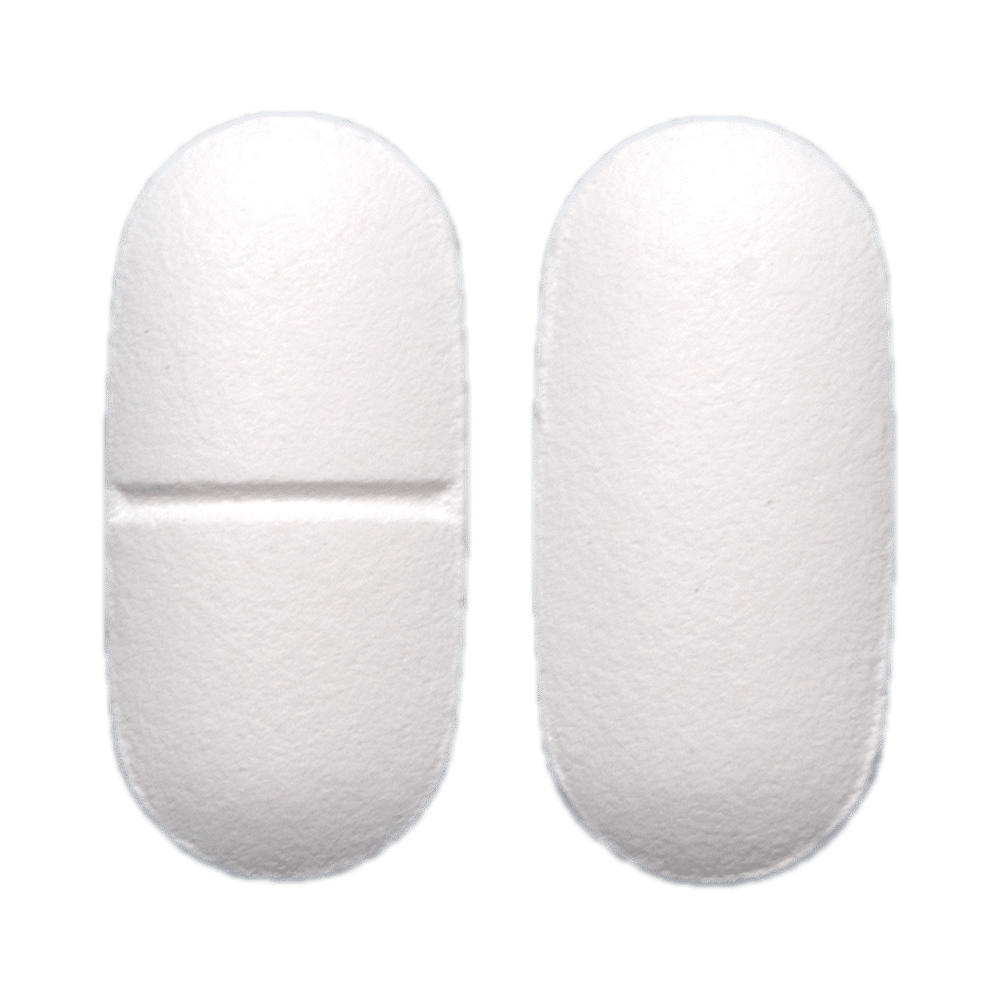
Azimax 500 Tablet
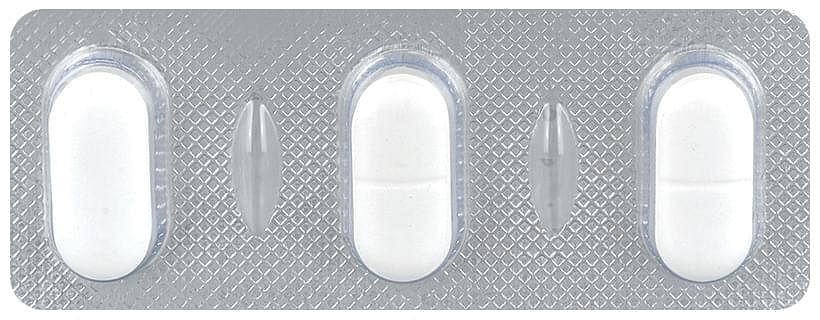
Azicip 500 Tablet
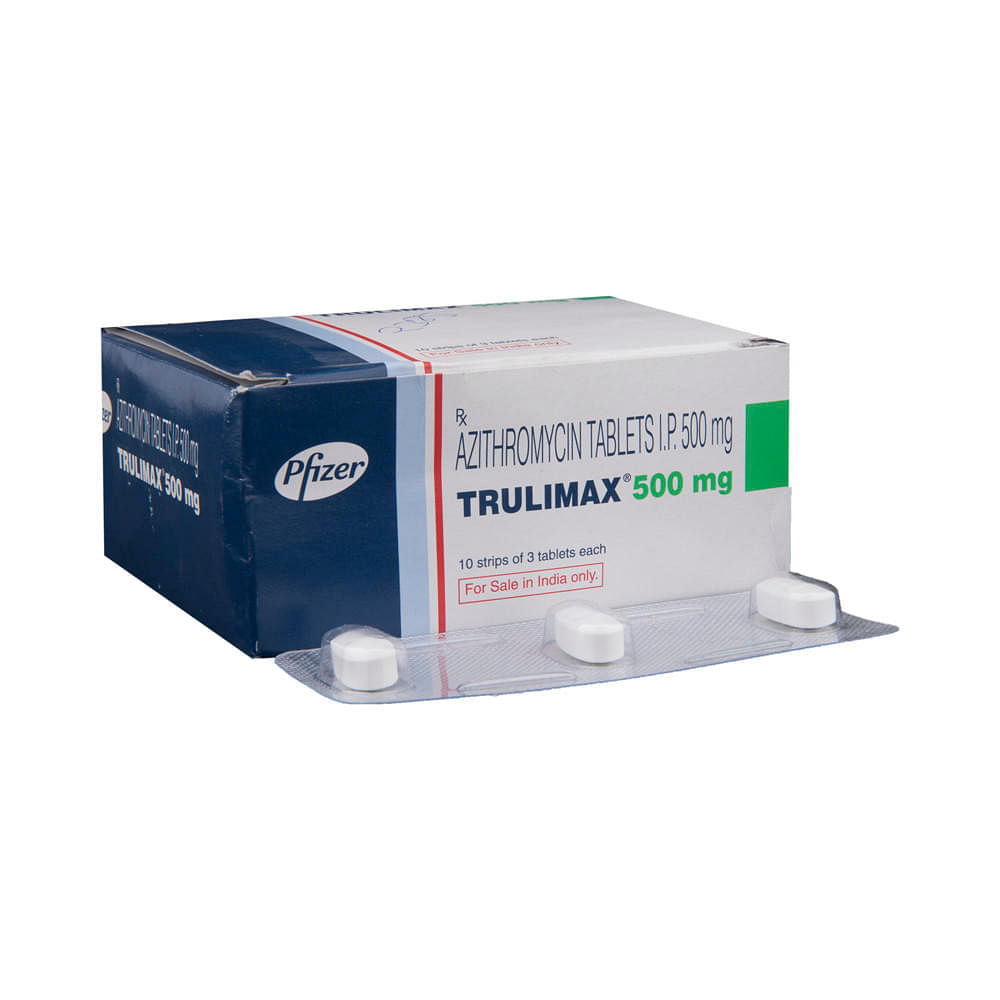
Trulimax 500mg Tablet
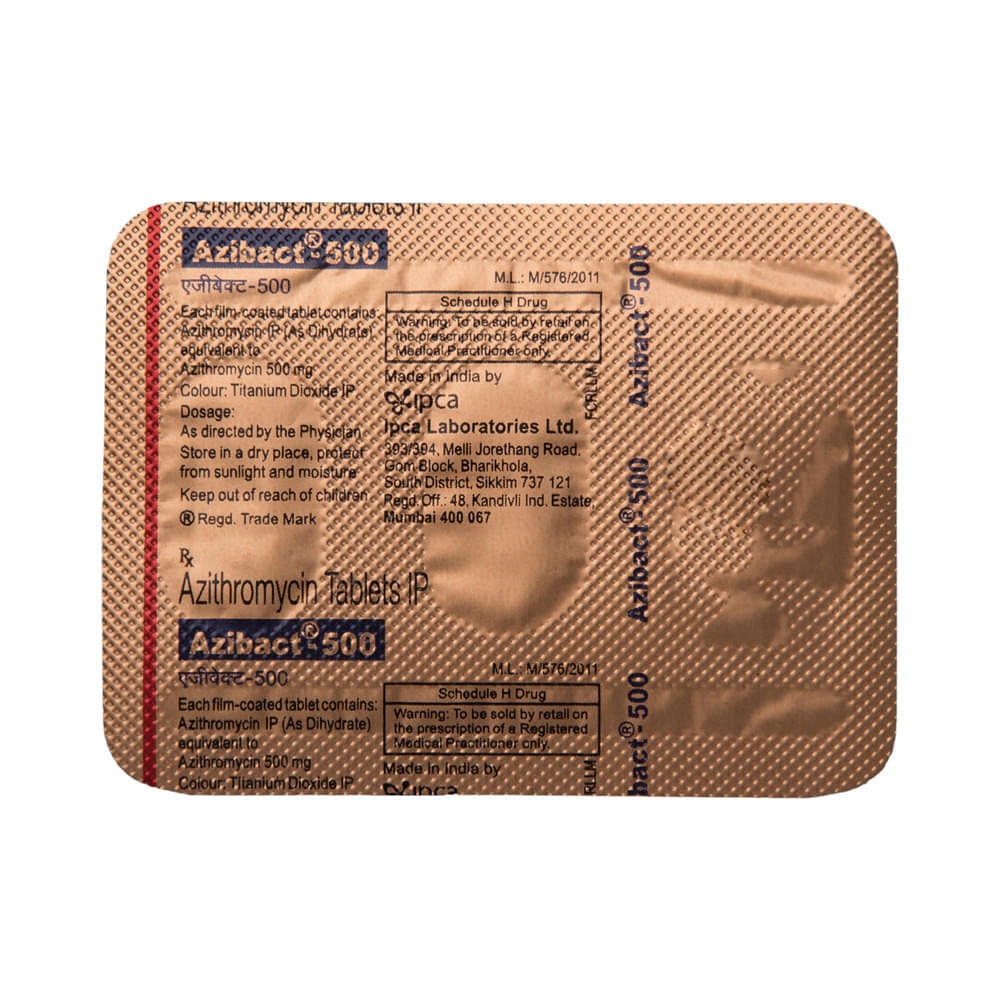
Azibact 500 Tablet

Azotic 500mg Tablet

Zithrox 500 Tablet
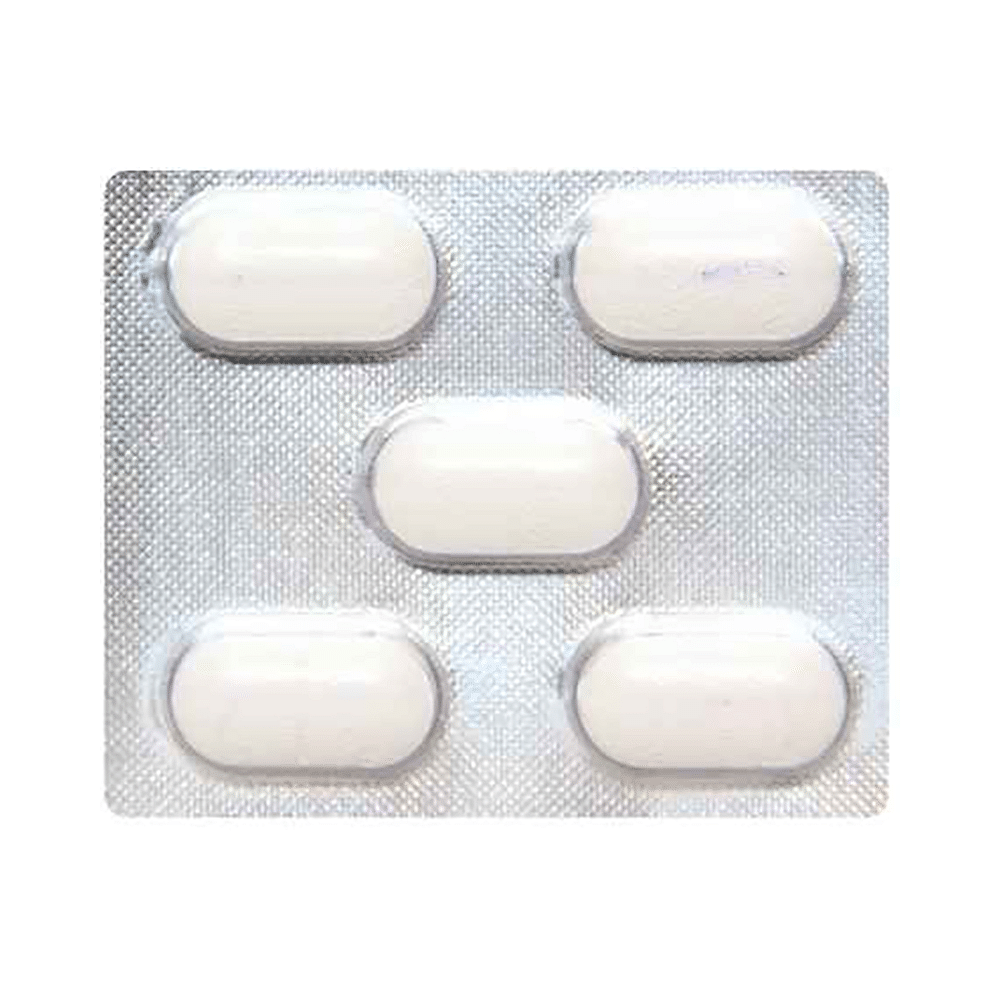
ATM 500 Tablet
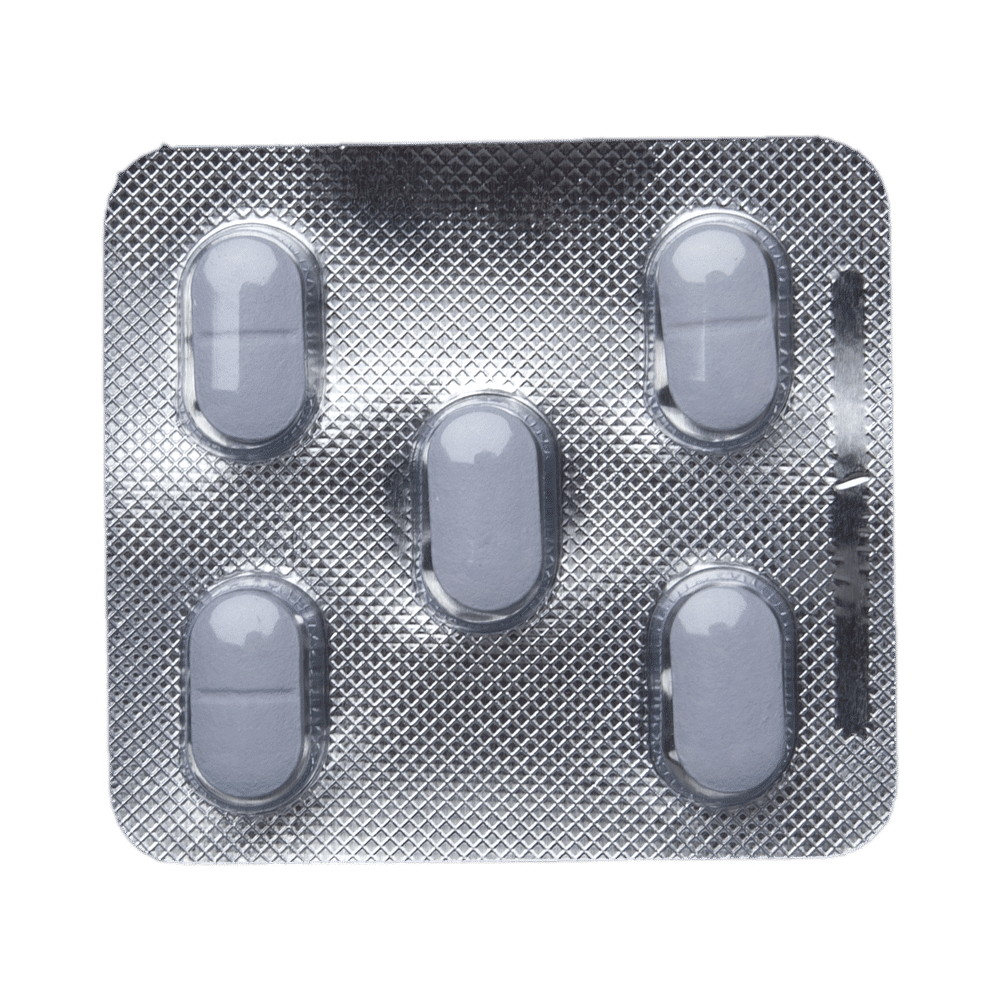
Zady-500 Tablet
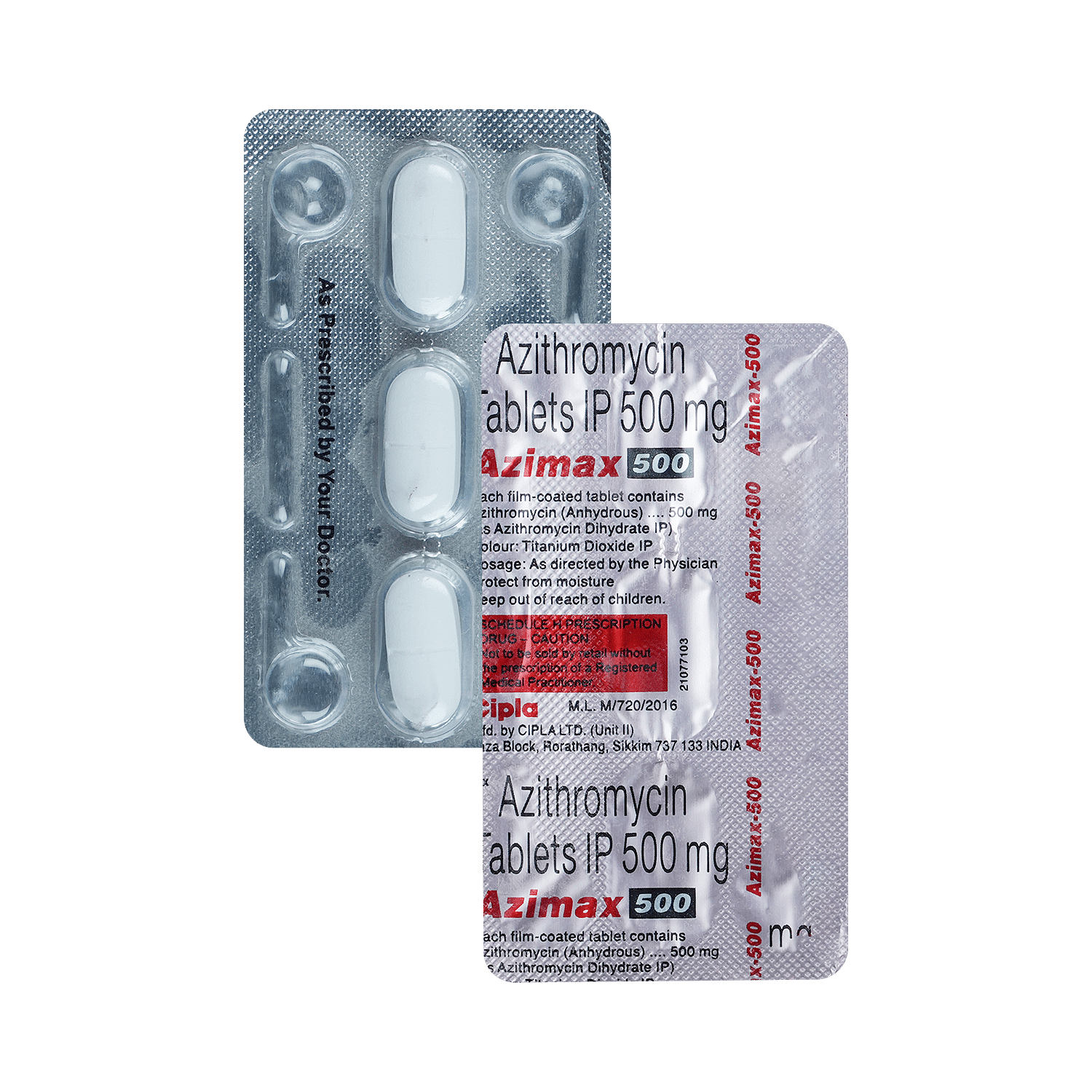
Azimax 500 Tablet
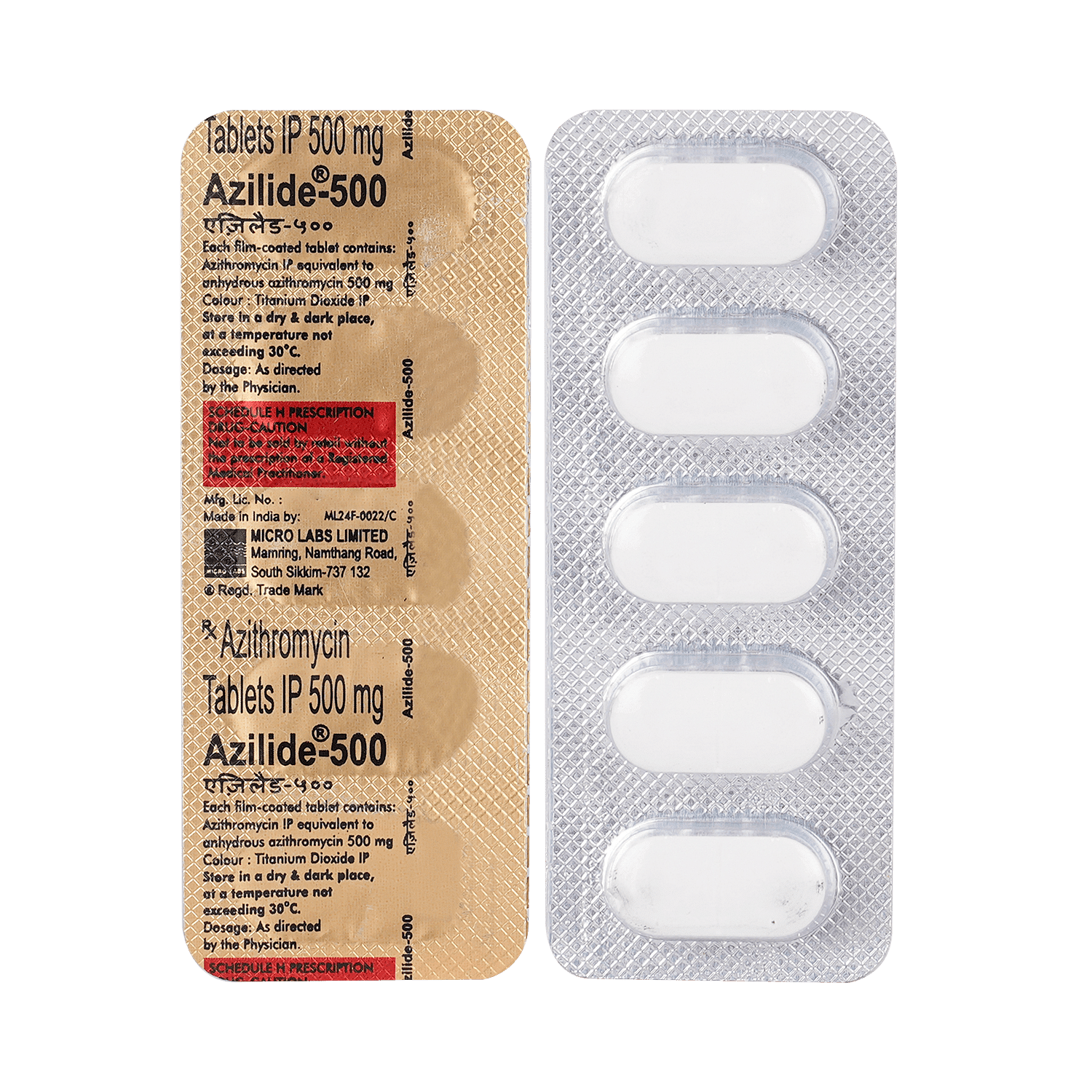
Azilide-500 Tablet
Frequently asked questions
Is Azysafe 500mg Tablet safe?
Azysafe 500mg Tablet is safe when taken at prescribed doses for the prescribed duration as directed by your healthcare professional.
What if I don't see improvement in my symptoms?
You should inform your healthcare professional if you do not notice any improvement in your symptoms after three days of taking Azysafe 500mg Tablet. You should also contact your doctor immediately if your symptoms worsen.
Can the use of Azysafe 500mg Tablet cause diarrhea?
Yes, the use of Azysafe 500mg Tablet can cause diarrhea. It is an antibiotic that kills harmful bacteria. However, it also affects the helpful bacteria in your stomach or intestines and may cause diarrhea. If you are experiencing severe diarrhea, talk to your doctor about it.
Can Azysafe 500mg Tablet be taken at night?
Azysafe 500mg Tablet is usually prescribed once daily. You can take it at any time of the day but remember to take it at the same time each day. The medicine should be taken 1 hour before meals or 2 hours after eating food. You can take the tablet preparation with or without food. However, you must follow your doctor's instructions and ask them any questions about taking this medication.
How long does it take Azysafe 500mg Tablet to work?
Azysafe 500mg Tablet starts working within a few hours of taking it. You may start to notice improvement in symptoms after a few days. Do not stop taking the medicine without completing your doctor's prescribed course, as stopping prematurely may lead to the infection returning, which may be more difficult to treat.
Why is Azysafe 500mg Tablet given for 3 days?
The duration of treatment depends on the specific bacterial infection being treated and the patient's age. In most cases of bacterial infections, a single dose of 500 mg is given for three days. Alternatively, it may be given as 500 mg once on day one and then 250 mg once from day two to day five.
What should I avoid while taking Azysafe 500mg Tablet?
It's generally recommended that patients taking Azysafe 500mg Tablet avoid antacid medications as this may reduce the medication's effectiveness. Also, it is important to avoid prolonged exposure to sunlight or tanning beds as Azysafe 500mg Tablet increases the risk of sunburn.
Is Azysafe 500mg Tablet a strong antibiotic?
Azysafe 500mg Tablet is an effective antibiotic used for treating many bacterial infections. Compared to other antibiotics, Azysafe 500mg Tablet has a longer half-life which means it stays in the body for a long time, making it suitable for single daily doses and short treatment durations. Other antibiotics typically have shorter half-lives and require administration more frequently.
Can you get a yeast infection from taking Azysafe 500mg Tablet?
Some people may experience a fungal or yeast infection known as thrush after taking Azysafe 500mg Tablet. Antibiotics like Azysafe 500mg Tablet can kill off the normal 'good' bacteria in your intestines that help prevent thrush. It is crucial to inform your doctor if you notice symptoms such as sore throat, vaginal itching or discharge, a white patch on your tongue, or any other concerns.


